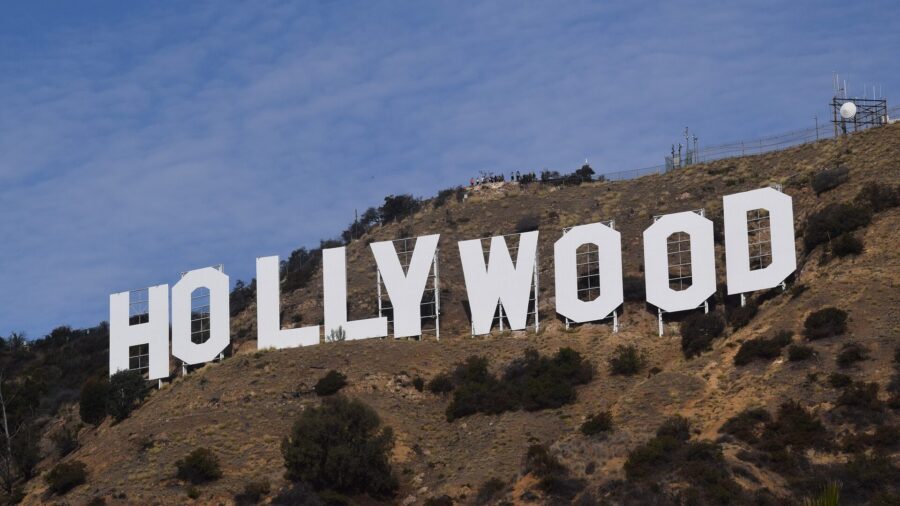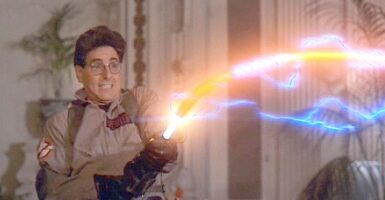A Historic Film And TV Employees Strike Is Happening That Will Affect You
Is the film and TV strike about to shutdown Hollywood?
This article is more than 2 years old

The International Alliance of Theatrical Stage Employees (IATSE) has just voted to authorize an industry-wide strike. This is the first time the union has authorized a nationwide film and TV strike. The union is responsible for 150,000 crew members in the industry, representing writer’s assistants, cinematographers, editors, and more of the people behind the scenes that make movies happen. Approximately 90% of those eligible to vote on the issue of the strike did so, and an overwhelming 98% of those voters wanted to move forward with a strike. This vote occurred two weeks after contract talks stalled.
Currently, the industry is still working to move forward from the devastating effects of COVID-19 and pandemic forced lockdowns. The changes in movie and TV sets have been profound. Many have assumed that the IATSE issues are solely based on that, but that’s not what’s happening with the film and TV strike. The union is voting for a film and TV strike over issues concerning the health and safety of workers, but on a level that’s been a problem for a much longer time. Matthew D. Loeb, president of IATSE, said, “Our people have basic human needs like time for meal breaks, adequate sleep, and a weekend. For those at the bottom of the pay scale, they deserve nothing less than a living wage.”
The Alliance of Motion Picture and Television Producers (AMPTP) claims that they have made efforts to meet the demands of IATSE, but the union holds that their core issues, like taking meal breaks and a livable wage for their lowest-paid craft workers, have not been met. These demands leading to the film and TV strike have gained more moment in recent weeks. 120 members of Congress wrote a letter to Carol Lombardini, the AMPTP president, urging the organization to work with IATSE and avoid an industry shutdown. Senators in New York and California have been particularly vocal.
Many were expecting the film and TV strike now to happen in Hollywood, since the demands seem like something the industry should be able to match and the IATSE has always managed to avoid such an event before. However, the strike is seeming more likely to happen. If sets shut down, there may be more delays in movie and television series releases. While the Alliance of Motion Picture and Television Producers (AMPTP) is arguing that the previous Covid-19 delays mean that the IATSE workers should be more willing to negotiate as the industry is recovering, pulling on the pandemic doesn’t seem to be making anyone less likely to want a decent bathroom break. That’s what union votes are for.

Meanwhile, some celebrities are speaking out about the IATSE vote. Katherine Heigl has been particularly vocal. The actress spoke out about crew working conditions on Grey’s Anatomy over ten years ago. She says that the industry punished her for speaking out. She now feels vindicated by this film and TV strike on the very issues she spoke on all those years ago.
Despite the overwhelming vote to go ahead and move forward with a film and TV strike, it’s unknown what will happen next. That may depend on how the Alliance of Motion Picture and Television Producers (AMPTP) decides to move forward. If more isn’t done to meet the needs of the workers, some television and movie sets may be shutting down for a while very soon.












